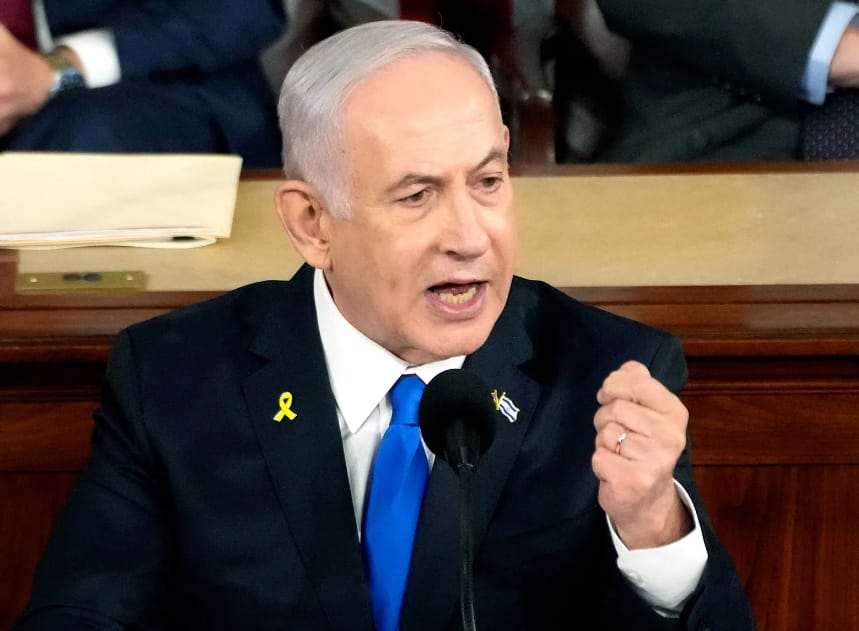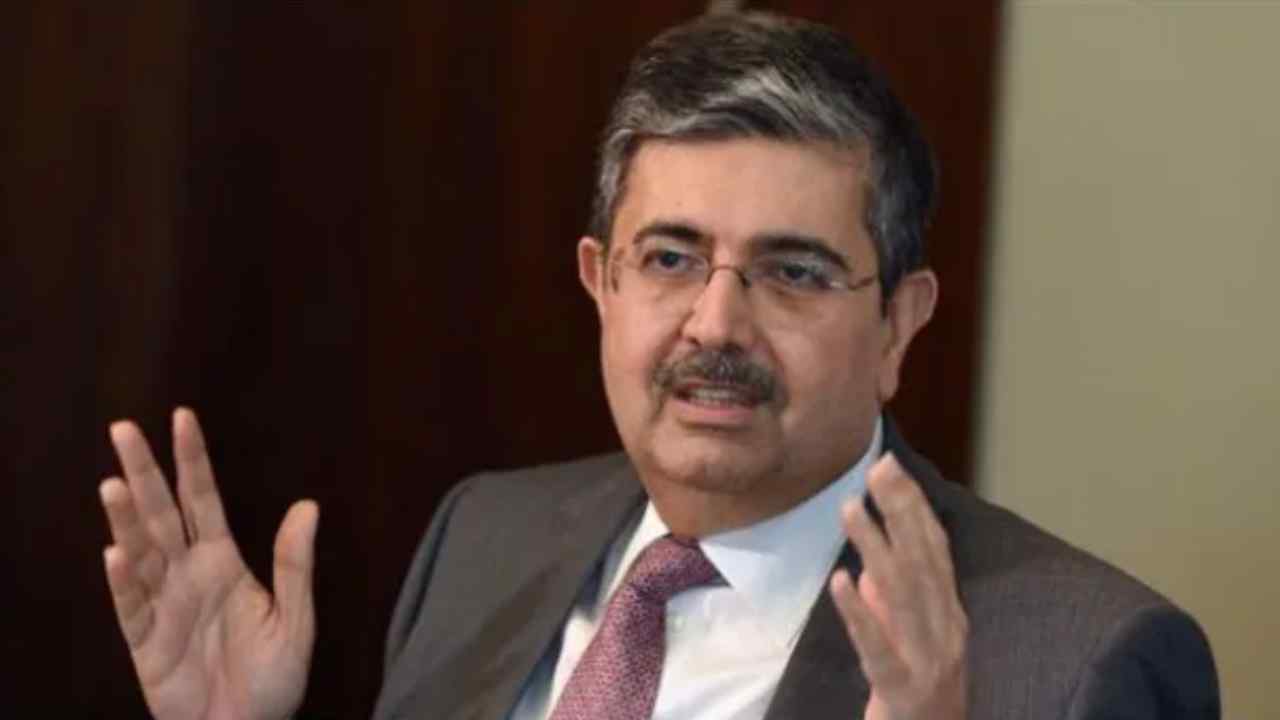Recent Missile Attacks: Iran’s Threats Against Israel Escalate
The ongoing tensions between Iran and Israel reached a new peak following a significant missile attack. Iran, acting in retaliation for what it claims were recent Israeli airstrikes against Hezbollah, launched a volley of ballistic missiles aimed at Israel. This military escalation has prompted Iran to issue explicit threats against key Israeli officials, including Prime Minister Benjamin Netanyahu, labeling them as “most wanted” targets.
Iran’s Missile Strike: A Bold Statement
On the night of October 1st, Iran fired a staggering 200 ballistic missiles towards Israel. This aggressive action resulted in air raid sirens blaring throughout the country, leading citizens to rush into bunkers for safety. While the Israeli military reported successfully intercepting many of the missiles, a few still landed in central and southern regions of Israel, resulting in minor injuries for two individuals due to shrapnel.
Consequences and Responses
In the wake of the attack, Prime Minister Netanyahu remarked that Iran had “made a big mistake” and asserted that there would be repercussions for this aggressive act. The threat posed by Iran’s missile capabilities has alarmed not only Israel but also the international community. In response, the United States has warned Iran of “serious consequences,” highlighting the potential for further military action against the Iranian regime.
Iran’s Threats: Targeting Israeli Leaders
The Iranian Intelligence Ministry has ramped up its rhetoric, threatening to eliminate several prominent figures within Israel’s security establishment. Alongside Netanyahu, other high-profile targets include Israeli Defense Minister Yoav Galant and Army Chief Harji Halevi, as outlined in a chilling list released by Iran. This announcement underscores the rising stakes in this ongoing geopolitical conflict.
International Reactions and Advisory for Citizens
The situation has prompted the Indian government to advise its citizens residing in Iran to maintain close contact with the Indian Embassy in Tehran, amid growing fears related to the missile conflict. Prime Minister Narendra Modi communicated with Prime Minister Netanyahu regarding the escalating developments in the West Asia region, emphasizing the importance of combating terrorism and ensuring the safe return of hostages.
On the Diplomatic Front
During their conversation, PM Modi stated, “There is no place for terrorism in our world. It is crucial to stop regional tensions.” He reaffirmed India’s commitment to contributing towards restoring peace and stability in the region. The dialogue took place against the backdrop of Israel’s recent strikes that resulted in the deaths of seven high-ranking Hezbollah commanders in Lebanon, including their leader Hassan Nasrallah.
Table: Key Details of the Iran-Israel Conflict
| Date | Event | Targets | Consequences |
|---|---|---|---|
| October 1, 2024 | Iran launches 200 ballistic missiles at Israel | Israeli civilians and military officials | Minor injuries; heightened tensions and retaliation threats from Israel |
| October 2024 | Iran releases list of most wanted Israeli leaders | Benjamin Netanyahu, Yoav Galant, Harji Halevi | Increased military readiness and international warnings issued |
As the situation evolves, the global community watches closely, aware that further escalations could lead to a wider conflict in the already volatile Middle East. Diplomatic efforts are imperative to prevent further violence and promote stability in the region.











